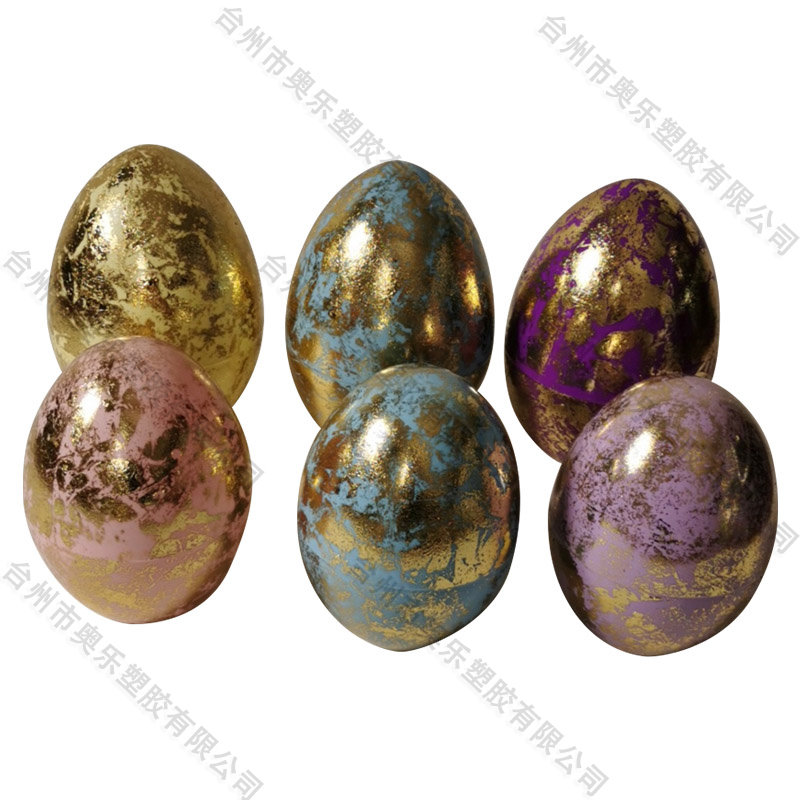

Easter took place on the first Sunday after the full moon of the vernal equinox, which was originally the day to commemorate the birth of the half-sister Astarlu, the pagan god of West Asia, who was also Baal's mistress. According to legend, Baal learned that his sister Yastaru was born in a swan egg and went to the bush to find; when he found it, he hugged a rabbit in his arms; the rabbit grew up and became a beauty, and Ba He lived together and later saved his life when Baal was in distress. The origin of the English word Easter Easter is Astor Road.
Easter celebrated by the world today is actually a fusion of many ancient traditions. It comes partly from the ancient Spring Festival and partly from Christian commemoration of the resurrection of Jesus Christ. Most people think that the word "Easter" is derived from the goddess EASTRE, which is believed by the Anglo-Saxons, who is a symbol of spring. In this way, it is not difficult to understand how "the festival of the goddess EASTRE" has evolved into the word "EASTER" today. Easter is an important Christian holiday. After the spring equinox (March 21), the first Sunday after the first full moon is Easter. Its specific time can be as early as March 22, or as late as April 25.

Many important days of the Christian calendar are related to the specific dates of Easter. Many customs and legends of Easter festivals have nothing to do with Christianity. Among all the symbolic things related to Easter, the Easter egg is the most important, it symbolizes the rich and the new. The customs and traditions involving Easter eggs have become an integral part of Easter festivals and have a history of hundreds of years. At first, Easter eggs were painted with bright colors, symbolizing the spring sunshine, and were used in the egg rolling competition or as a gift. Lovers and romantically obsessed people paint the eggs and paint them in various patterns to exchange with each other. In the Middle Ages, masters used to give Easter eggs to their servants on Easter. In Germany, adults give their children eggs together with other Easter gifts.